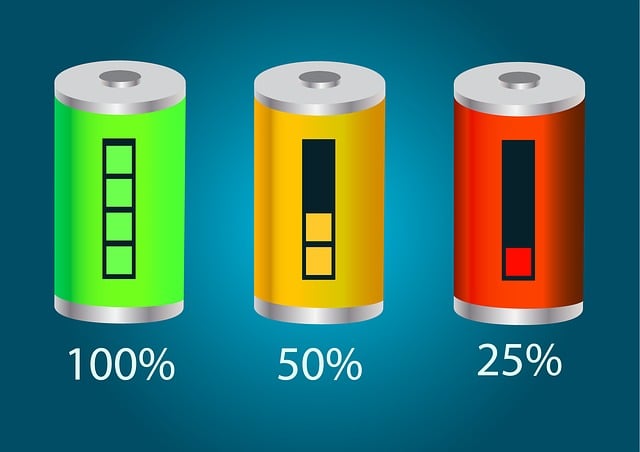Understanding Oregon's drug laws is crucial for developing effective drug charge strategies. Defense attorneys leverage knowledge of specific penalties, substance schedules, and procedural errors to build robust defenses. Key tactics include challenging evidence admissibility, police procedures, and witness testimonies. Plea bargaining and alternative sentencing options offer favorable outcomes, focusing on rehabilitation over punishment.
“Facing a drug charge in Oregon can be daunting, but understanding effective defense strategies is crucial. This guide navigates Oregon’s complex drug laws and penalties, delving into evidence challenges and exploring plea bargaining, alternative sentencing, and more. By employing robust defense tactics, individuals can navigate the legal landscape, ensuring the best possible outcome for their unique situation. Discover how these drug charge strategies can empower you to protect your rights and future.”
- Understanding Oregon's Drug Laws and Penalties
- Building a Strong Defense: Evidence Challenges
- Exploring Plea Bargaining and Alternative Sentencing Options
Understanding Oregon's Drug Laws and Penalties

Understanding Oregon’s Drug Laws is a critical first step in developing effective defense strategies for drug cases. The state has established specific laws and penalties for various drug-related offenses, which vary depending on the type and quantity of drugs involved, as well as prior convictions. For instance, possession charges carry different penalties than distribution or manufacturing, with harsher sentences for larger-scale operations. Oregon also distinguishes between controlled substances in different schedules, each carrying its own strictures.
Knowing these laws is essential as it enables defense attorneys to build robust arguments. They can challenge the state’s evidence, question the integrity of arrests and searches, and highlight any procedural errors that may have occurred during investigations. By understanding the nuances of Oregon’s drug laws, lawyers can develop tailored strategies for their clients, aiming to minimize consequences or even secure dismissals in certain cases related to drug charges.
Building a Strong Defense: Evidence Challenges

Building a strong defense against drug charges in Oregon involves navigating complex legal landscapes and challenging the state’s evidence. One crucial aspect is questioning the admissibility of evidence gathered during arrests or searches. This includes examining whether law enforcement followed proper procedures, such as obtaining search warrants based on probable cause.
Defendants can challenge the reliability of drug test results, expert witness testimony, and any confidential informants’ statements. Oregon courts scrutinize the chain of custody for drug evidence to ensure its integrity. Effective drug charge strategies may involve cross-examining witnesses, presenting alternative theories, and raising constitutional issues related to search and seizure practices, ultimately aiming to undermine the prosecution’s case.
Exploring Plea Bargaining and Alternative Sentencing Options

Navigating a drug charge in Oregon can seem daunting, but understanding plea bargaining and alternative sentencing options offers hope for favorable outcomes. Plea bargaining allows defendants to negotiate a lesser charge or sentence in exchange for pleading guilty. This strategy requires a strategic approach, balancing the potential benefits against the consequences of a conviction.
Alternative sentencing options, such as drug treatment programs, diversionary programs, and probation with specific conditions, are gaining popularity in Oregon. These approaches focus on rehabilitation rather than solely punishment, aiming to help individuals overcome addiction while reducing recidivism rates. Exploring these drug charge strategies can significantly impact the trajectory of a case, potentially leading to more positive resolutions for both defendants and communities.






